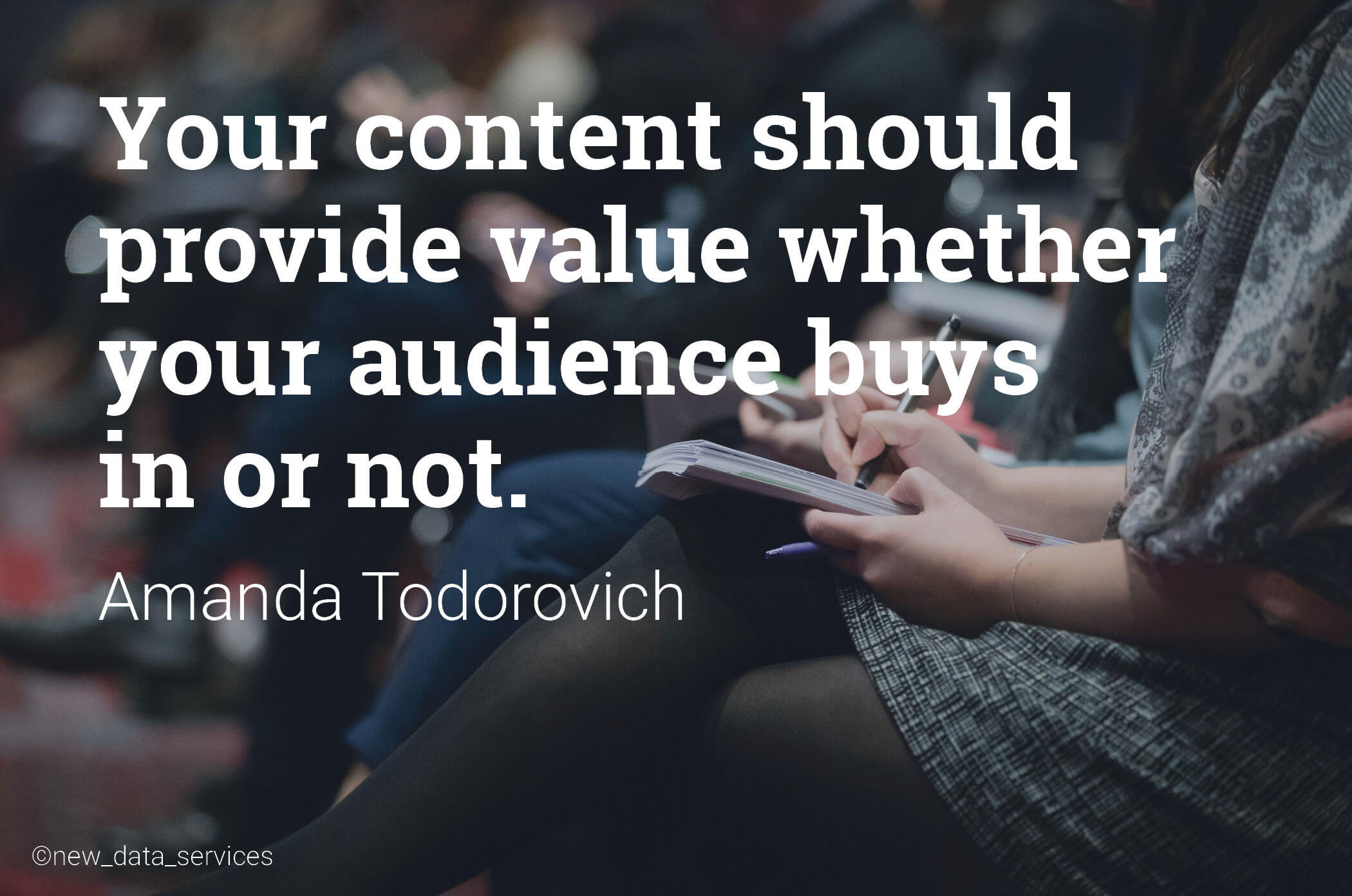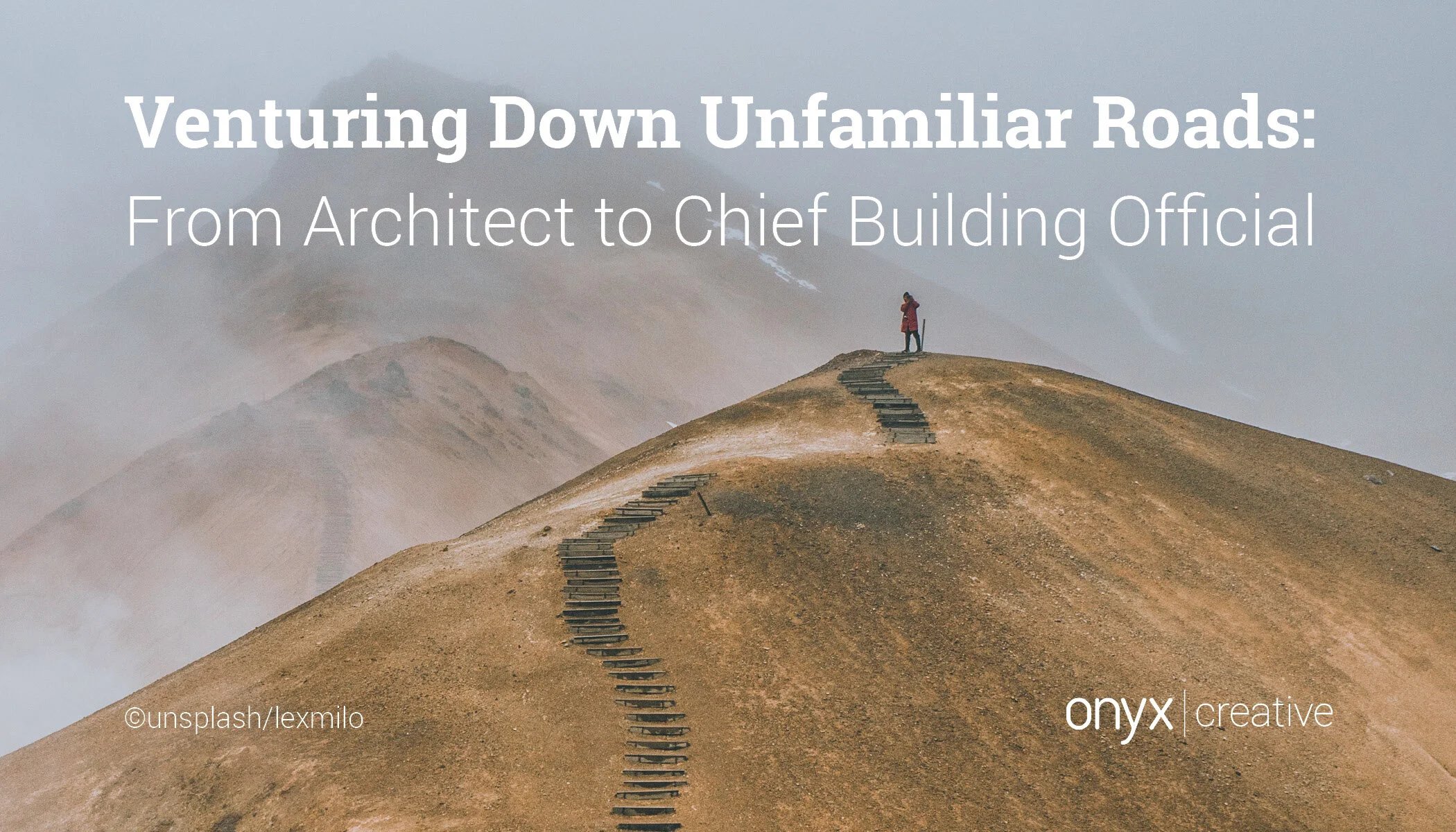by Rachel Raymond
Honored. Proud. Surprised.
These three words were the speech given by a marketing agency that won at the 2019 Content Marketing Awards in downtown Cleveland, Ohio. This response was prompted by Robert Rose, the Chief Strategy Advisor for Content Marketing Institute, asking winners to speak a few words when coming up on stage to accept their awards. The brevity of this response was inspiring – showing a glimpse of wisdom by giving importance to the words chosen. This incident inspired me to write the following – brief sentences to capture the essence of each session I attended at the 2019 Content Marketing World conference and to share them with you.
Put audience needs above all else. – Robert Rose
A recurring theme is to know your audience and cater to them. Basically, the essence of content marketing.
Never stop selling internally. – Joe Pulizzi
We’re so focused on selling to our customers and clients but forget that we need to keep our internal team informed to show how we benefit the company. Joe Pulizzi reminds us that content marketing teams need to sell ourselves internally or we could risk being cut from the budget.
Do one great thing. – Joe Pulizzi
If you focus on too many things at once, you will only produce mediocre content. Rather than focusing on your company blog, newsletter, social media, mailers, etc., you should only pick two of these things and spend all of your energy on them. This will allow you to create something great that matters, rather than producing mediocre content across all media.
Everyone wants to be smart, capable, and good. – Tamsen Webster
Webster explains that you can’t tell people they’re wrong. No one will listen to you since they believe they are smart, capable, and good, and couldn’t possibly do wrong. We should market to our audience in a way that makes them smart, capable, and good, and shows them they are the hero. This way we can relieve the pain of change and get them to believe in what we are telling them. Webster exclaims, “While there is buyer’s remorse; there is no such thing as believer’s remorse.”
Great marketing starts with empathy. – Joe Lazauskas
Empathy is the ability to understand and share the feelings of another. Lazauskas reveals that by telling stories that create empathy, we generate a chemical in the brain called oxytocin. Previous research has shown that when high levels of oxytocin are in our brains, we are more willing to buy something because we feel emotionally connected to the story being told to us.
Your content should provide value whether your audience buys in or not. – Amanda Todorovich
Amanda Todorovich tells us that we should help our audience solve problems and make decisions. We need to make content that is useful, helpful, human, hopeful, and relevant to our audience. We should all be leveraging intelligence, data, and storytelling to achieve this and continually strive to achieve something greater than yesterday. This type of commitment to your audience will keep them coming back.
Whatever you do, it must be great, or don’t show up. – Henry Rollins
I have never seen anyone more passionate about his audience than Henry Rollins. He is constantly thinking of how to provide great content for them but also how to keep improving that content as well. Rollins and Pulizzi have the same idea that your content must be great for your audience or no one will listen.
Do something unexpected in a familiar place. – Kathy Button Bell
A familiar place refers to any place that your audience frequently visits, whether online, television or physical space. The unexpected could be anything that your audience is not used to seeing from your brand, which sparks interest.
Don’t accidentally kill your team’s creativity. – Jennifer Jordan
Jennifer Jordan points out some of the silent killers of creativity: groupthink, lack of strategy, no room for content experimentation, and the way you’re telling your team “no” might be stifling their creative drive. Make sure to get outside input on your content and hire a diverse team with different talents and viewpoints. Always have a strategy or goal in mind for each piece of content. Allow times for your team to have fun with marketing, so daily tasks aren’t as draining. Recognize those team members are passionate about their ideas and leaders need to be mindful of that, especially when you have to tell them no.
B2B and B2C mindsets are merging into one hybrid consumer. – April Henderson
April Henderson explains that the typical B2B client is now becoming a hybrid consumer, merging their expectations of consumer brands with the expectations for B2B brands. They want companies to understand and share their feelings. We should be giving our audience our philosophy and knowledge, providing helpful, customized content to further the conversation. Henderson discloses, “They aren’t buying your product, they are buying your approach.”
Great brand stories have people, rarity, and intrigue, are timely, and fit naturally with your brand. – Dan Hatch and Sarah Mitchell
Your stories should include a person. They should tell the story from a different angle than everyone else. They should include a hint of spice or danger. They should be timely, reported on before others do. If you can do all of these things while naturally fitting with your brand, you have a great brand story.










































